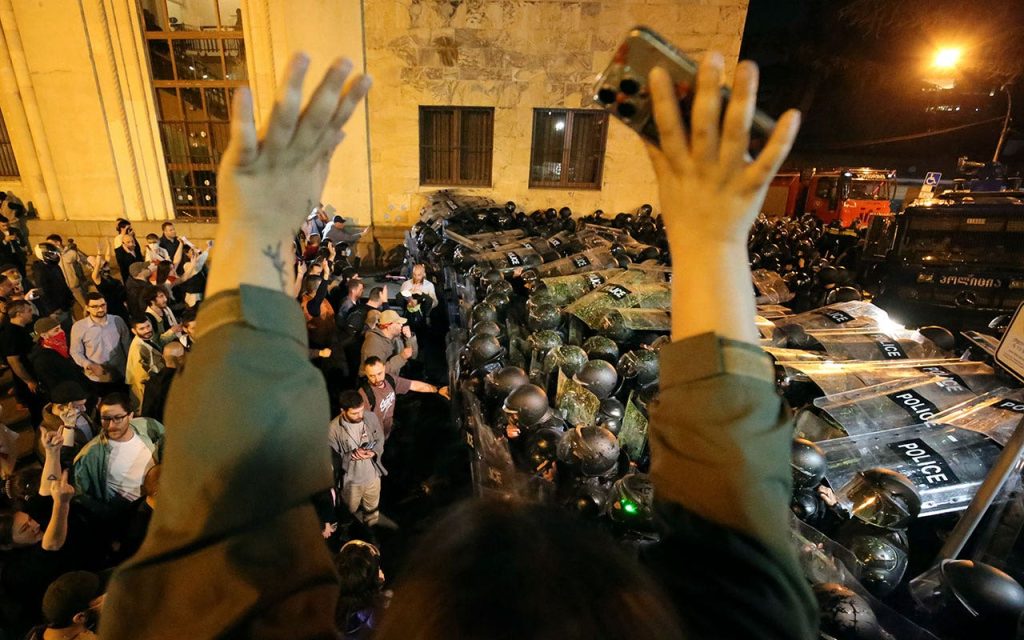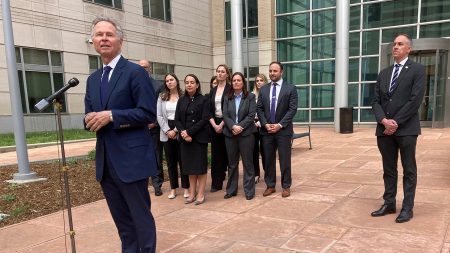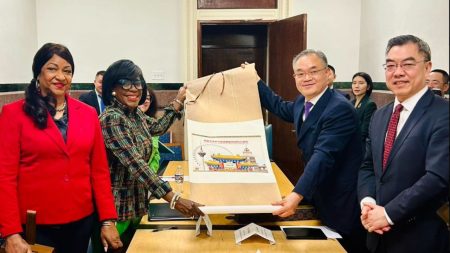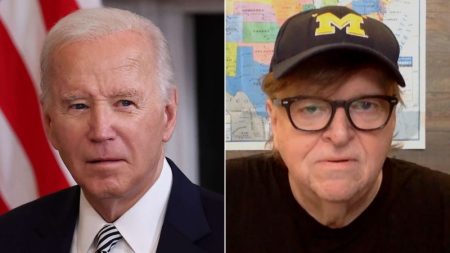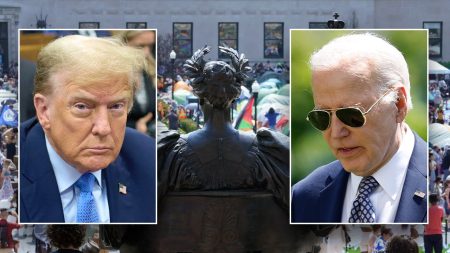Georgia’s parliament has approved a law in its first reading that would require media and non-profits to register as being under foreign influence if they receive more than 20% of their funding from abroad. Critics argue that this law could hinder Georgia’s aspirations to join the European Union, likening it to Russian legislation that targets dissenting voices. The President of Georgia, Salome Zourabichvili, has stated that she would veto the law if it is passed in the third reading, but the ruling party could override this veto with 76 votes. The bill is similar to a proposal that was withdrawn last year due to public protests, which show the strong opposition to the legislation in Georgia.
The vote on this law has been met with chaos in the Georgian parliament, with police using tear gas to disperse protesters outside the building. Many fear that this legislation could create a divide between Georgia and the EU, keeping the country under the influence of Russia. The wording of the bill has been slightly altered from the previous draft, now requiring organizations to register as “pursuing the interests of a foreign power” rather than as “agents of foreign influence.” This change has not appeased opponents, who still see it as a threat to democracy and free expression in Georgia.
Critics of the law argue that it would align Georgia with countries like Russia, Kazakhstan, and Belarus, where human rights violations are common. They fear that it would stifle independent media and organizations that are essential for a functioning democracy. The President of Georgia, along with civil society groups and activists, have expressed deep concerns about the implications of this law on the country’s path towards European integration. The willingness of the ruling party to push this legislation through despite public opposition raises questions about their commitment to democratic principles.
The use of tear gas against protesters and the rushed approval of this legislation reflect the growing tensions within Georgia over the country’s political direction. The possibility of the ruling party overriding the President’s veto to pass the law highlights the power dynamics within the Georgian parliament. Many see this as a critical moment for the country’s future, as the outcome of this law could have long-lasting consequences for Georgia’s relationship with the EU and its standing in the international community. The implications of this law go beyond just media and non-profits; they could shape Georgia’s identity and trajectory for years to come.
In conclusion, the passage of this law in Georgia’s parliament marks a contentious moment in the country’s political landscape. The potential implications of this legislation for Georgia’s democratic values and aspirations to join the European Union have sparked widespread concern and resistance. The comparisons to Russian legislation targeting dissent raise red flags about the potential impact on freedom of speech and civil society in Georgia. The coming weeks will be crucial in determining the fate of this law and its broader significance for Georgia’s future direction. The response of the ruling party, civil society groups, and international partners will be closely scrutinized as Georgia navigates this challenging political climate.





